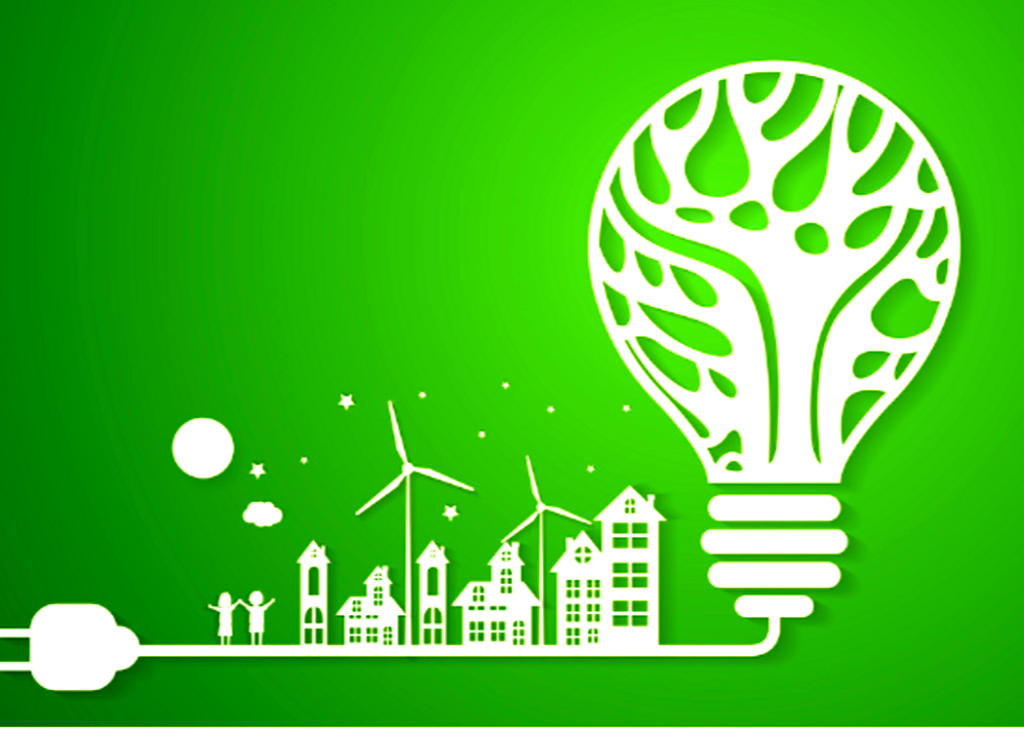
Refrigerators are used across the world, may it be households or businesses, to store food at a temperature in order to prevent it from spoiling and to prevent anyone from catching a disease. This technology description focuses on refrigerators for residential use and energy efficiency performance only. It does not include potential GHG effects caused by the refrigerant.
The energy efficiency of refrigerators has improved so much over the past twenty years, but room for improvement remains, especially in developing countries. Successful strategies for improving the average energy efficiency of the refrigerator stock in a country include the Minimum Energy Performance Standards and the mandatory energy labels that are linked with financial incentives for those who are using it.
The major benefit that you can get from energy-efficient refrigerators and freezers lies in the improved energy efficiency, which has socio-economic benefits in terms of increased environmental benefits and energy security like lower GHG emissions and lower environmental impact of electricity generation. Also, energy-efficient refrigerators may lead to cost-savings for the user over the life-cycle of the appliance. The GHG emissions savings linked with energy efficiency improvements of refrigerators depend on the CO2 intensity of the electricity mix.
Usually, energy-efficient refrigerators are more expensive than models that are less energy-efficient, even though the price differences are sometimes not large. Because of lower energy costs, operational costs over the lifetime of an energy-efficient refrigerator are lower than for a less efficient model. The economics of an energy-efficient refrigerator, like the payback time for the higher initial investment, depending on the purchase price of the units, the mode of financing the purchase like cash or using debit and discount rates.
It also includes the energy consumption of the standard and efficient model, which is influenced by ambient air temperature, electricity tariffs, and the assumed lifetime of the unit, which may range from a decade or two. In a lot of situations, the purchase of an efficient refrigerator will lead to cost savings over the lifetime of the unit.
In a recent study on the economics of refrigerators and freezers with an energy efficiency label in the Brazilian market, they found that for cash purchases there was a benefit economically for consumers under all of the considered circumstances, which included a low and high electricity tariff and lower and higher ambient air temperature. For users subject to a low electricity tariff and in colder areas, who purchase a unit on credit, the study concluded that it is more economical to buy the less efficient product.
Replace your old fridge so you can save more.
Around 190 million refrigerators and freezers are currently in use in the United States alone. More than 69 million refrigerators are over a decade old, costing the users billions in a year in energy costs. By recycling your old refrigerator properly and replacing it with a new, energy-efficient refrigerator, you can save hundreds over the next five years.
Protect the environment.
Energy-efficient refrigerators and freezers use less energy, and they help us reduce our impact on the environment. If all refrigerators and freezers sold in the United States were energy efficient, the energy cost savings would grow to almost millions each year and billions of annual greenhouse gas emissions would be prevented, which is equivalent to the emissions from more than thousands of vehicles.
After getting an energy-efficient refrigerator, you also need to have a local service provider that can help you with the preventive maintenance and repairs of your units. There are local service providers like the commercial refrigerator repair in Portland that can help you with repairs and preventive maintenance to make sure that your units will remain energy efficient.
